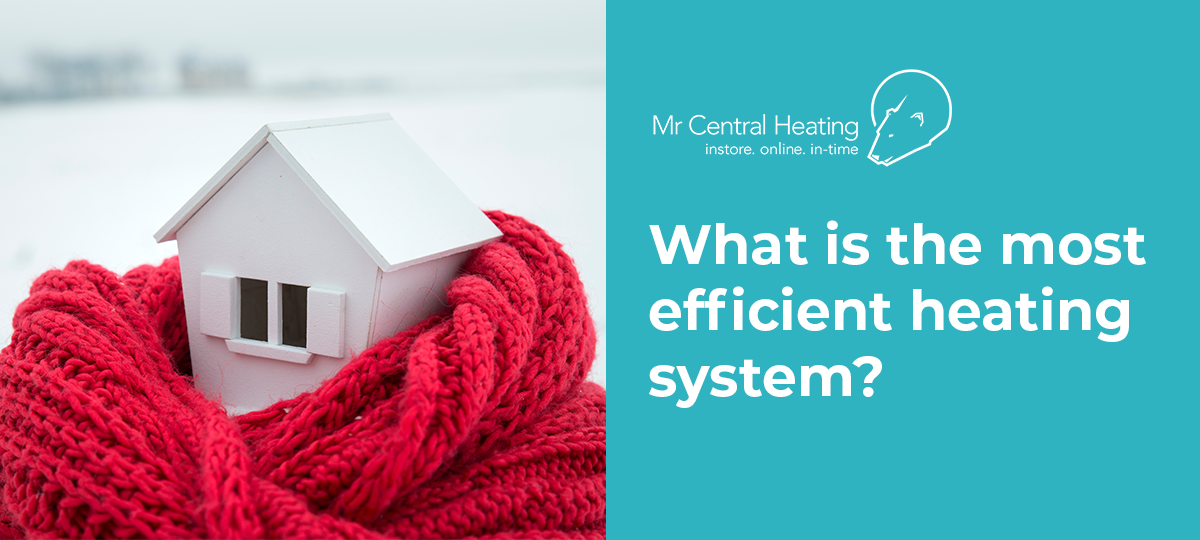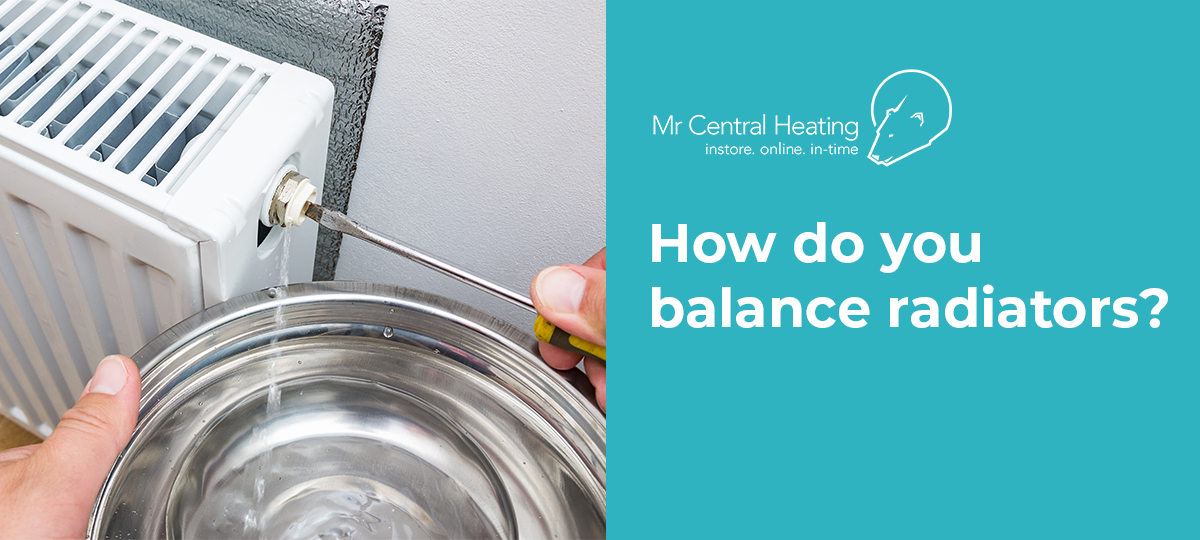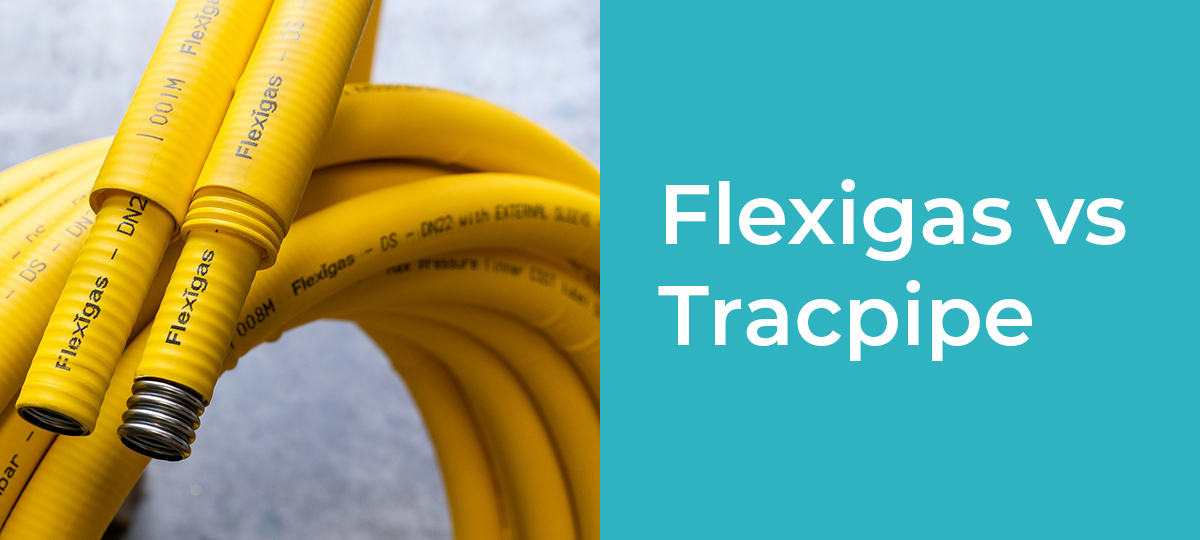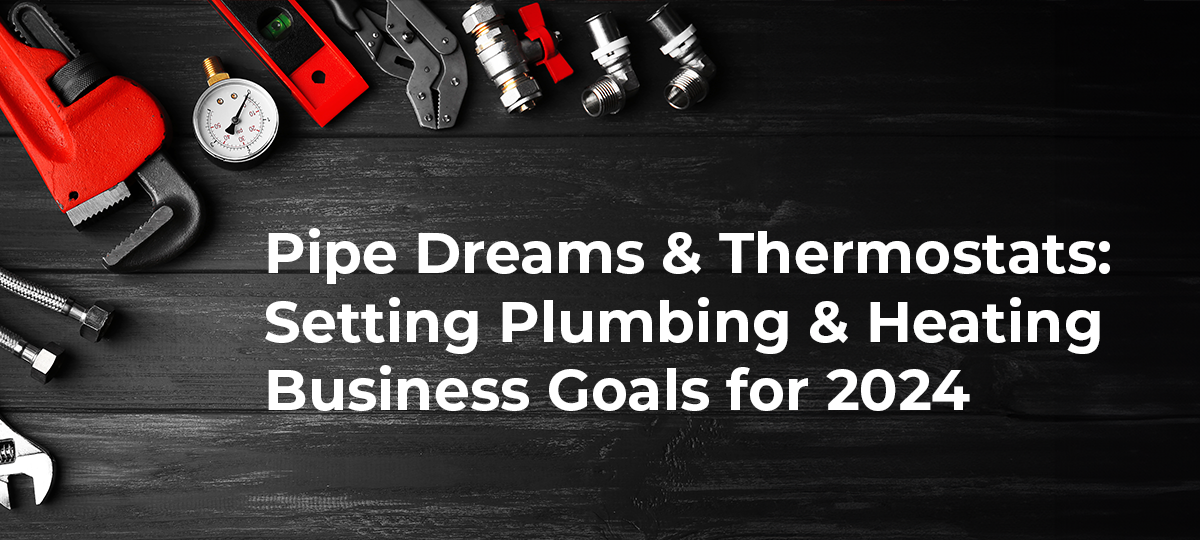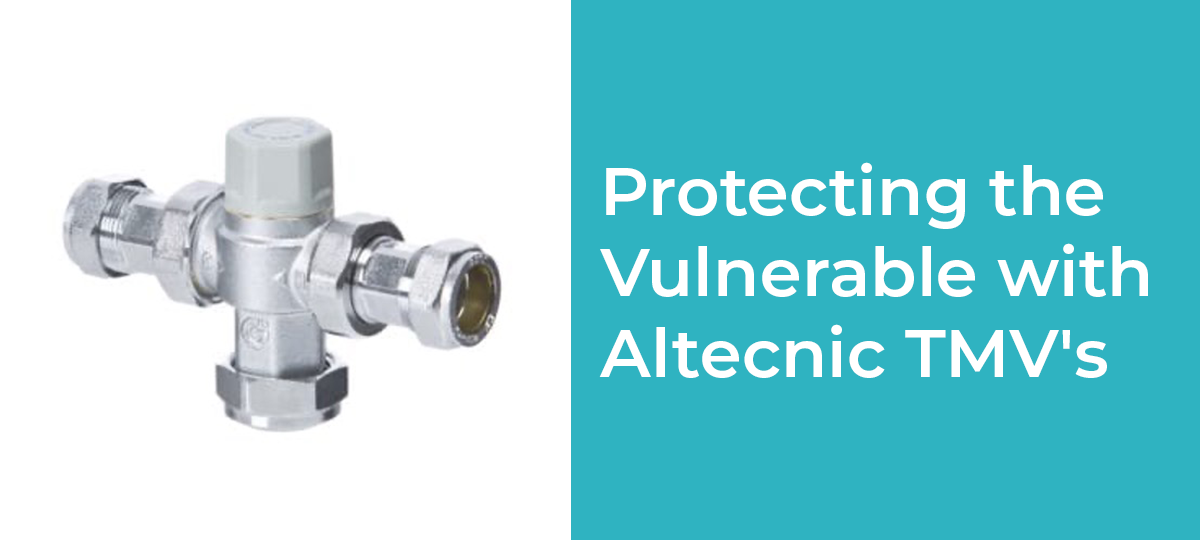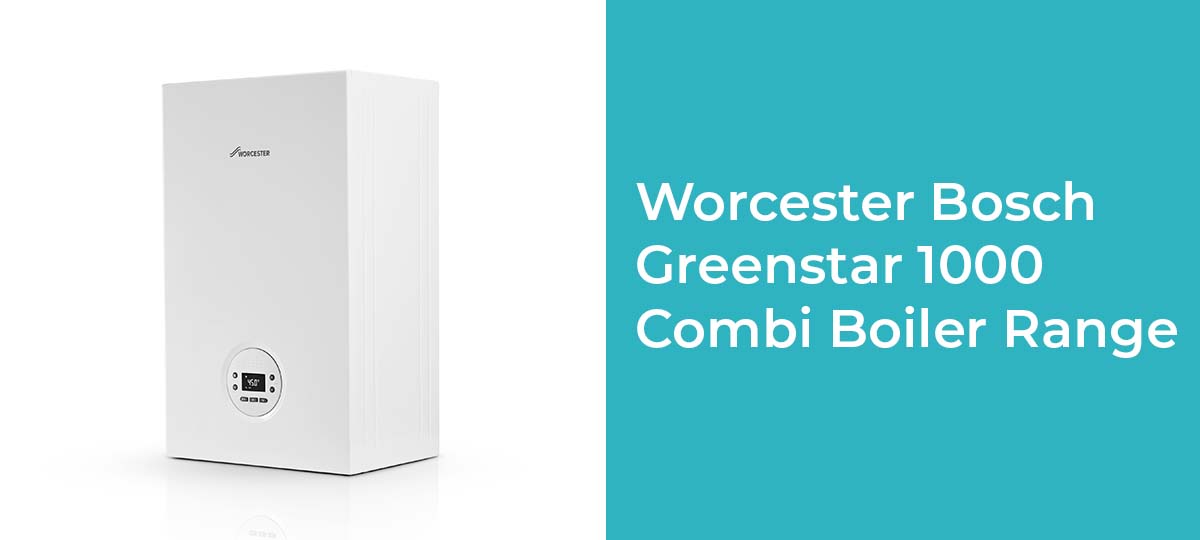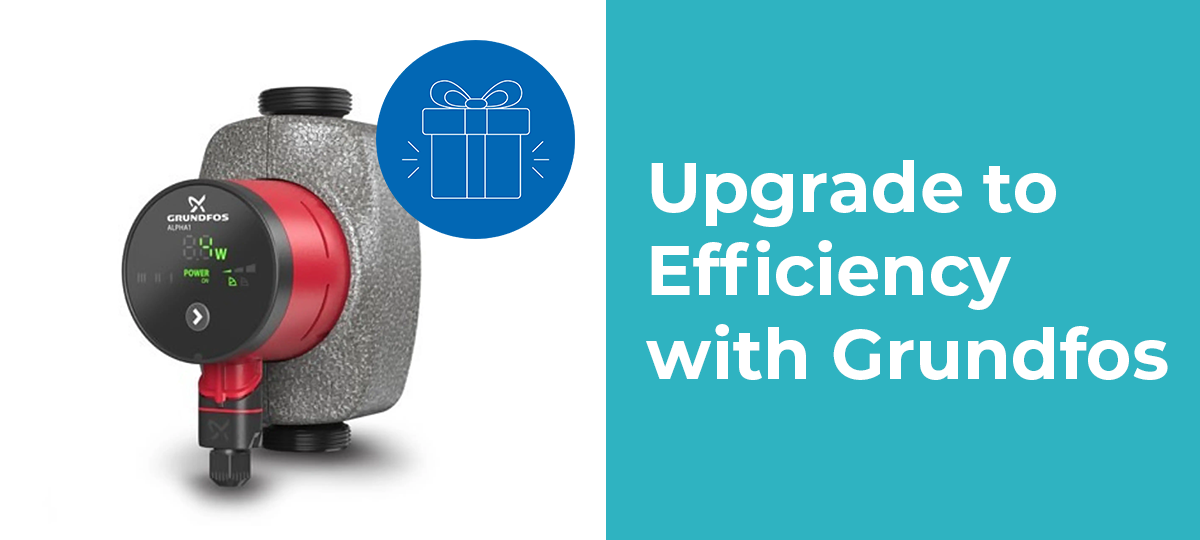What is the most efficient heating system?
When it comes to home heating efficiency, most people ask this question because they are interested in finding the most efficient, and therefore cheapest home heating system for their home. However, there is a difference between the most efficient heating system and the most ‘cost effective’ heating system because the energy costs for different types of energy types, such as electricity, gas or oil can vary considerably. Consider solar power which may only be between 10% to 25% efficient in terms of converting the sun’s energy into useable electricity, but once the expense of installation has been accounted for, the energy that is generated is not only environmentally friendly, it is effectively a ‘free’.
Mains Electricity vs. Gas and Oil
Electric heaters that are powered by the main electricity supply are very efficient in terms of how they convert energy into heat. In fact, electric heaters are 100% efficient. Gas central heating system are less efficient than this, with most operating in and around 90% efficiency which is pretty good.
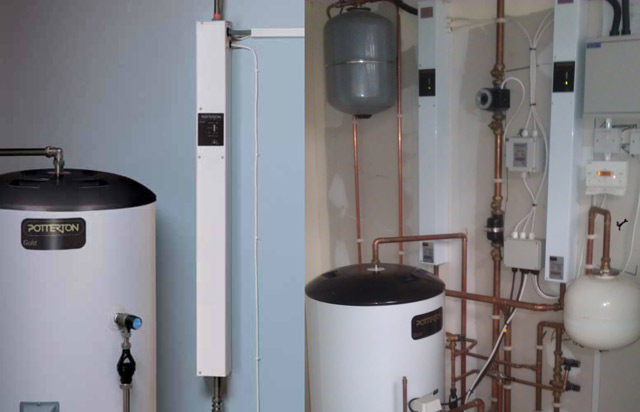
Therefore, when weighing up the two systems there are a few considerations that need to be evaluated. Firstly, not everyone is on the gas supply, so this could negate the question altogether. Some rural locations may be able to have a form of gas energy through LPG or alternatively through Oil heating systems, where these fuels are delivered to the home by a tanker. Generally, the cost of LPG and Oil sit somewhere between the cost of gas (cheaper) and electricity (the most expensive). In addition, when it comes to electricity then some tariffs can be cheaper in the night when most people are sleeping. This means that electricity costs can be reduced, typically through the use of storage heaters, or through heating up your hot water tank at night, and not in the day.
LPG and Gas in terms of efficiency can vary, but oil may be between 80% and 95% efficient depending on the individual system and LPG is also considered to be highly efficient, but as mentioned, the cost of these fuels sit somewhere in-between oil and gas. Another problem with these heating systems is that they typically require some specialist equipment and installation. For example, both LPG and Oil require a tank in the garden to store the fuel. This is an added expense to the overall system.
Another issue with heating sources such as oil is that the price of oil can vary on a daily basis based on market conditions, so this fuel tends to be more expensive to buy in the winter (where there is more demand) and around the Christmas period, or a cold spell, and can even be influenced by wider economic situations such as stock market crashes and even wars! So, most people who use this form of fuel must keep an eye on the current market costs and purchase accordingly, and even tactically. Ultimately in the current energy climate, regardless of the efficiency of the system a home-owner will be much better off having a gas central heating system installed, if that choice is open to the individual since the current cost of gas (and other fuels) is much cheaper than electricity.
Reducing Costs via Efficiency or Energy Conservation
For those individuals who are looking to save money on the central heating there are range of different ways this can be done. When looking to improve efficiency, then typically replacing older equipment with more modern equipment can make a big difference. For example, switching to more energy efficient light bulbs or installing better loft insulation can make a dramatic difference to the efficiency of your heating.
Alternatively, energy conservation is another way that a person can reduce the amount of energy they use, which in turn will save money on the heating bills. This is more about changing habits and reducing energy consumption through behaviour changes such as turning of the central heating system and other electronic devices at night, or when nobody is at home. Combining both energy conservation techniques and energy efficiency initiatives together is the best way to ensure that your bills remain low.
Find out how to be energy efficient in your home with our home efficiency assessment. What's the best boiler for your home? Find out in our Great British Boiler Survey.









